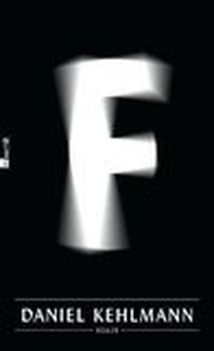
The core of the novel consists of separate sections following the three brothers across a single swelteringly hot day, the pleasingly palindromic August 8th, 2008. Eric is a pill-popping stockbroker, paranoid and intermittently hallucinating, he’s juggling marriage with a torrid affair with his some-time therapist, on the verge of financial collapse, and perhaps prison, for dodgy dealings. Ivan is an art dealer, expert on the popular but middle-of-the-road Eulenboeck, who is at his most contented when painting canvases which he passes off as the famous artist’s work. But my favourite of the three troubled brothers has to be Martin, a morbidly obese Rubik’s cube expert and Catholic priest who has not yet been blessed with faith. (I’ve admired the depiction of the conflicted priest in Graham Greene’s The Power and the Glory and the deluded and inadequate priest in John Boyne’s A History of Loneliness but the man who has entered the priesthood despite his absence of religious faith is sheer genius, in my opinion.) The circular logic and mysticism through which he tries to respond to his parishioners’ moral and liturgical dilemmas is hilarious, and parallels the positions taken by his brothers in their attempts to justify their own occupation, as well as the hypnotist’s instructions to their father in the opening section:
The hypnotist appears in more straitened circumstances a couple more times in the novel; his final appearance is when Arthur takes Eric’s daughter, Marie, to a soothsayer at the fairground, where it appears that his powerlessness gives her the freedom to follow her own ambitions. Another character who adds form to the sprawling narrative is Ron, a member of the Catholic Youth, who brings a darker touch to an already darkly comic narrative.
The author being, according to my reading notes, a literary wunderkind, there are a couple of self-consciously clever bits, such as a fictional genealogy, that I could have happily skipped, but F is nevertheless an engaging and satisfying novel about the absurdity of human existence. Poignant and humorous in the manner of Jonathan Franzen’s The Corrections, it’s a contemporary farce about Fate, Fakery and Finance; Fame, Faith, and Family; Fear, Fraud and Fatherhood; indeed, all of liFe with a capital F. First published in German, it was translated into English by Carol Brown Janeway. Thanks to Quercus for my proof copy.





















 RSS Feed
RSS Feed





















